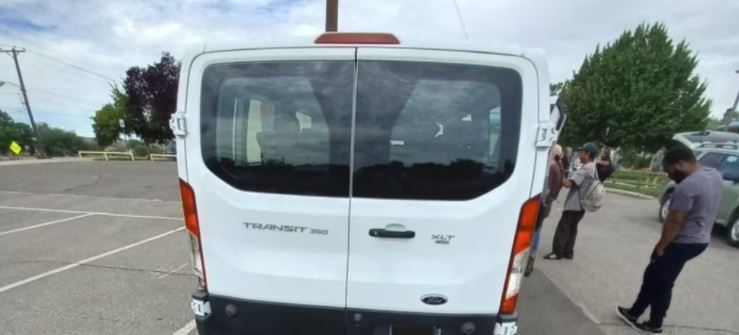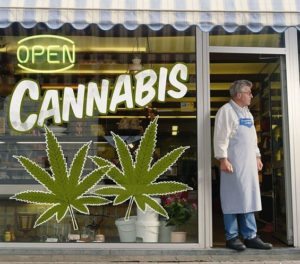A handy definition of Medicaid fraud: “…intentionally providing of false information to get Medicaid to pay for medical care or services.” That includes billing and collecting payment for services that were simply never delivered in the first place.
Today’s topic is an example of just that:
Navajo leaders seek tribal members caught up in sober-living Medicare scam in Arizona
In this instance, the target was members of the Navajo nation in eastern Arizona and northwestern New Mexico.
The goal: To fill beds at “more than 100 unlicensed and fraudulent sober living homes in the Phoenix metropolitan area.” The operators of these homes would then collect payment from Medicaid for treatment and related services.
White vans cruised the streets of cities and towns in Navajo territory, searching out the homeless and other disadvantaged folks in dire need of assistance. Don’t worry, there’s no cost, we just want to help, they promised. People took their word for it, figuring why not? What did they have to lose?
The so-called sober homes turned out to be dilapidated houses in and around Phoenix, offering little or nothing in the way of services and often featuring plenty of drug use– even trafficking. All paid for by Medicaid, to the tune of hundreds of millions in Federal funds.
Now, as always seems to happen, the merry-go-round has lurched to a halt– the fake recovery homes are shutting down, and a string of indictments will follow. Tribal leaders estimate that there may be as many as 7,000 Navajo left to wander the streets of Phoenix and nearby towns. The tribe is moving as quickly as possible to offer assistance to the displaced.
Provided they can locate them, of course. That’s not always easy.
As for the guilty parties. the article states that “…investigators believe the scam was initially launched several years ago by a Nevada-based criminal syndicate, spawning numerous franchises before the idea spread to other scammers.” Who promptly jumped on the bandwagon.
Simply requiring a license to operate a sober home would likely reduce the problem in future, but perhaps not to the point of eliminating it. Individual homes would still need to be inspected, at a minimum annually, to ensure compliance.
That’s a challenge for governments in vast territories such as Texas, Arizona, New Mexico, and much of the Mountain West. “It’s all our state government can do to keep up with the damn pot farms,” joked one drug counselor. That’s an issue too.
As hospital and institutional beds have closed – a process that began many decades ago — former patients struggled to find a safe place to land. Many were simply absorbed into the larger category of ‘permanent’ homelessness.
Where they remain vulnerable to scams like this one.













